Are you interested in life in Denmark? Then you may want to also check out these posts:
By now, I have quite a few fronts open: migration tips; expat stories; books and movies; investments. But I realized that I have barely touched on something fundamental: life in Denmark.
It is fundamental because, it is the reference for many of my comparisons. Also, maybe someone here is considering migrating to Denmark. These two points are the motivation behind this post.
So how is it to live in Denmark?
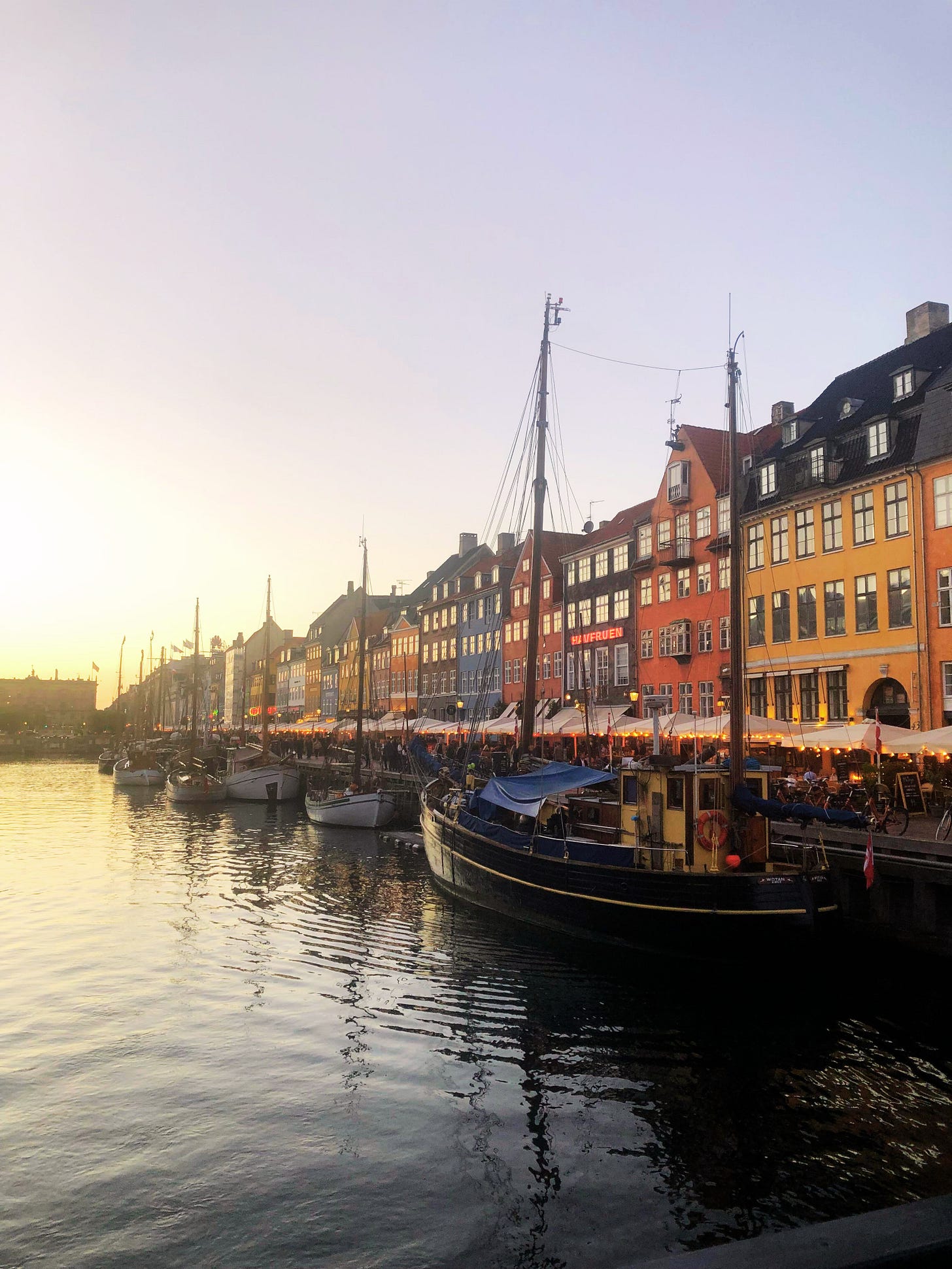
The point of view
If you have read my About page, you know that I am a Greek national, living in Denmark. In fact, I am living in Denmark for so long, that I do not consider it my home any less than Greece.
“Why does that matter?”, you may ask. It matters, because depending on the point of view, Denmark and Greece might be culturally closer or farther from each other.
If we consider the whole world, European countries and cultures are much closer than we, Europeans, think. They share a lot of history, nature1 and even religion2.
Also, Europe is a tiny continent, with -mostly- small countries, which makes it easy for people to travel around and meet their neighbors.
Last but definitely not least, 27 of the European countries enjoy the benefits of the European Union (EU). Even more are part of the Schengen area3. In some cases those benefits are not visible, but they impact our lives greatly. Overall, the EU has created a common sense of belonging4.
So, in the global context, Greece and Denmark are on the same side of the spectrum. Looking from inside the European bubble however, they might consider themselves quite different.

There you have it: context matters because, the fact that my Greek background is quite different from the Danish culture, will subconsciously introduce some bias. That means that if you come from Norway, my comments about the Danish weather might not strike you as noteworthy; but it might resonate with you if you come from Spain.
Keep that in mind as you read these lines.
Weather
… is not Denmark’s strong suit.
It is one of the first things you will notice, especially if you arrive outside the summer months. A good example is that the country’s meteorologists will label as summer day, any day where temperature reaches 25 degrees Celsius. Cute.
The issue though, contrary to common belief, is not the cold. The challenge lies in the hours of sunlight. Even during days with nice temperature, the sky in Denmark can often be gray and cloudy. During winter, days are very short, with the sun setting around 3 pm.
That has an immediate effect on people and the whole culture is designed around it. People spend more time inside, hence they pay more attention to make their space look homey. That is also a big part of hygge.
Hygge is a concept and even books have been written about it. It deserves its own post, so I will not elaborate further about it5. The closest English word would be cozy, even though my Danish friends would be quick to point out that…
Social life
Just like the weather, Danes have a hard time opening up. The culture is described as a coconut: hard to penetrate, but soft once you get in.
And it is indeed difficult to penetrate. Danes usually make friends for life and they stay close to their childhood friends. Based on my experience, it is not easy to socialize nor make friends with Danes. Your Danish colleagues will openly talk about their families and hobbies, but there is a clear barrier between the professional relationship, and personal time. Things that in other cultures seem effortless, might not be as easy to achieve: going out with someone for coffee for the first time, or being invited in their home.
Maybe that is because most of the interactions growing up happen inside and hence in small groups; if the activity is at someone’s home, you need an invite. That creates a clear cut between being included or excluded from an activity. On the contrary, when you have nice weather and you meet outside, you don’t care if you ‘re gonna be 3, 5 or 10 people. An invite is not a requirement to join the party.
Being brought up in this environment, people in Denmark are also less used to small talk. Scandinavians have a strong sense of minding-my-own-business and Danes are no exception. People will very rarely talk to each other for no reason, unless copious amounts of alcohol are consumed.
The difficult language does not make things easier. Even though most Danes are fluent in English, speaking the language will open more doors for you. As the saying goes:
when you speak to someone in their mother tongue, you speak to their heart6.
Don’t confuse any of this with rudeness; Danes are very polite and would be happy to help if asked to. But small talk while waiting in line in the supermarket, is an absolute no-go. So is sitting next to someone in the bus, when there is the option to sit alone.
Planning culture
Having many days of rain, Danes learn to be prepared for any type of weather. A very common saying, in pretty much any country from Germany and northwards, is:
There is no bad weather, only bad clothes.
Preparation and planning are ingrained in the culture. Danes plan things waaaay in advance. But once they do, they will honor that plan. And they expect you to do the same.
Fun fact: Danes do not plan based on dates, but on weeks. Don’t be surprised if people tell you they will go on vacation on week 42, instead of 14-20 of October7. Still cannot get used to this system.
Welfare state and homogeneity
Denmark and Scandinavia in general, are notorious for their high taxes. And while no one likes paying taxes, they are the foundation of the Danish welfare state.
The state is built in such a way, that it caters to the majority. One could say that the Danish state is socialistic. I would agree with that statement. At this point, I should mention that, I have noticed that socialism is referred to often, especially by US media as a synonym for something evil. And while Fox news is not a reliable source of information, it is worth remembering that time that they decided to go after Denmark. It is safe to say that the attempt was unsuccessful.
What does that mean for Danish citizens? That even though you curse about paying too high taxes, you can also feel how your money is being used to everyone’s benefit. That includes reliable public transport, free education and free healthcare. And while there are flaws in each one of those, they still fulfil their main purpose: cater to the majority.
Where does homogeneity mix with taxes?
The system is made such that the gap between poor and rich is not too large. That means that you cannot become filthy rich, because the taxation is too high after a certain point8. On the other hand, if you are too poor, there is a safety net that will provide a decent life standard, via allowances or social housing. The target is for everyone to have a minimum quality of life. And it works.
This is an example coming from the tax system, but homogeneity is a typical trait of all aspects of life in Denmark. While this might strike as strange to many cultures, the drive to be the best is much milder here. Standing out is not sought after. Instead, the drive to fit in takes precedence.
This is not something that it is easily visible to someone new to the country. However subtle hints can be found all around: people dress mostly in black and white clothes; any piece of clothing that is colorful and hence will make you stand out is too much. Apartments, even though usually beautifully designed, often look like straight out of an IKEA catalogue. Kind of ironic if you think that Danish design is a thing. An example that I often use jokingly, is that if you ‘re looking for pots for your plants, there is only one type in Denmark; the standard, ceramic as-simple-as possible type. If you 're after anything slightly more elaborate, you will have to import it.

Homogeneity comes with a dark side. If you do not have light skin and fair hair, you might be treated as an outsider. Danish society comes with a particular mold which you have to find a way to fit into.
Culture of trust & corruption
I have already mentioned how Denmark always scores extremely high in statistics about transparency. In fact, the last time that it did not rank first in the Corruption Perceptions Index, was in 2017. It ranked second. Related to that is the culture of trust, maybe one of the best things that life in Denmark has to offer.
You might have seen stories from time to time, about how Danes leave their babies sleep outside in their strollers, while they are having coffee inside a café. This might be considered weird and irresponsible in other places of the world. In Denmark it is just another Tuesday.
Some years back, a Colombian friend and I were at a café. At some point, the waitress approached, holding a credit card, asking if it was ours. Apparently someone had paid with it and forgot to take it with them9. The waitress, instead of calling the bank and cutting the card, was asking around to find the owner. Naive10 and irresponsible or innocent and uncomplicated? You be the judge. I know at least a Greek and a Colombian that were not expecting that.
On top of that, many procedures are completely digitalized, making it more difficult to cheat. Practically everything that happens within Denmark (bank accounts, investments, paychecks) is reported automatically to the tax authorities. That makes everything transparent, and discourages corruption. This is where the point of view matters: Coming from a country where corruption is frequent and bureaucracy a national sport, the Danish transparency and culture of trust are highly appreciated.
The combination of transparency and trust, provides a piece of mind that is difficult to find elsewhere. If you are at a café, you 're not worried about leaving your laptop unattended. If it is your baby's nap time, you are not scared to let it sleep outside. If you have dealings with the state, you don't need to keep a physical record with all the documents and receipts; they all exist online. And if you ‘re standing in a crowded bus, you don’t have to hold your backpack in front of you, in fear of pickpockets.
Useful resources
This post is not meant to be a how-to guide, but in case you are planning to move to Denmark, this page is a good place to start. It will not explain how life in Denmark is, but it will guide you as to what you need to take care of before moving, or after arriving in Denmark.
Conclusion
As with most expats, people back in my home country11 are interested to know "how is Denmark".
I could go on and on and still not have answered that question. After all these years, I have distilled my answer to this: Life in one of the world’s happiest countries, does not make you happy. But it does take many of your problems away. And that is not a small deal.
With the exception maybe of Iceland, whose nature is out of this world.
Regardless of whether you believe in any God, religion is a factor that heavily impacts culture. And for the last 2000 years or so, Christianity in one form or another, has been the prevailing religion in Europe.
From schengenvisainfo.com:
The Schengen Area is a region of 29 European countries that have abolished their internal borders to allow the free and unrestricted movement of people.
Not all countries of the Schengen area are part of the EU, but most of them are.
Definitely not as strong as the sense of belonging that the different states have in the US.
I have the impression that people coming from the US, see the EU as the United States of Europe. Even though that is, to a certain extend true, EU countries are not as united as the different US states. In the EU, not everyone shares the same flag, nor the same national anthem. On top of that, the continent of Europe has a longer history and that means that some of the countries have inevitably been involved in conflicts against each other. So, as much as there is a common sense of belonging, the EU should not be mistaken for the United States of Europe.
Edit: I did elaborate a bit further on hygge on the next post about life in Denmark:
Unfortunately, I do not remember to whom this saying is attributed to.
Week 42 was not chosen by accident. It is the week of the autumn break, also known as potato week. The name comes from the fact that, back in the day, schools would close for a week, so that kids could help with the potato harvest.
This refers to salaried employees. If you have a company and your money is on the company's name, you can have more favorable taxation.
Don’t ask me how that is possible, I don’t know.
Pun absolutely intended.




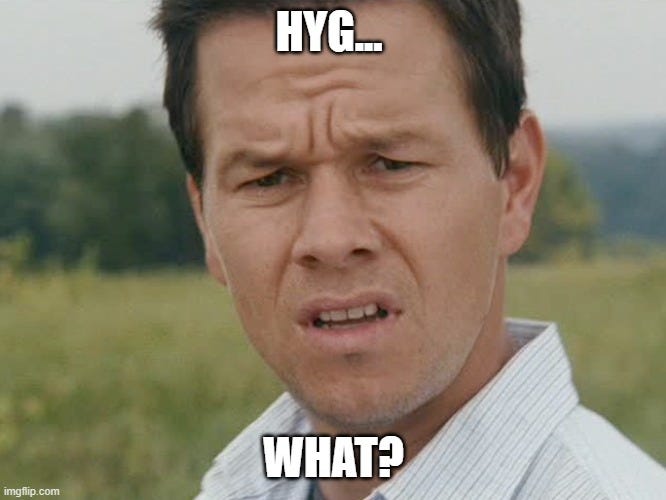
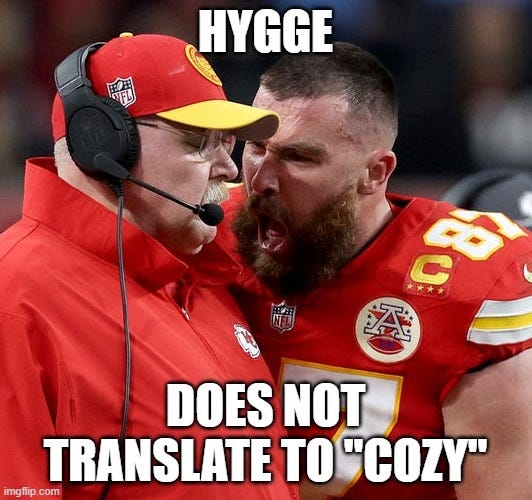
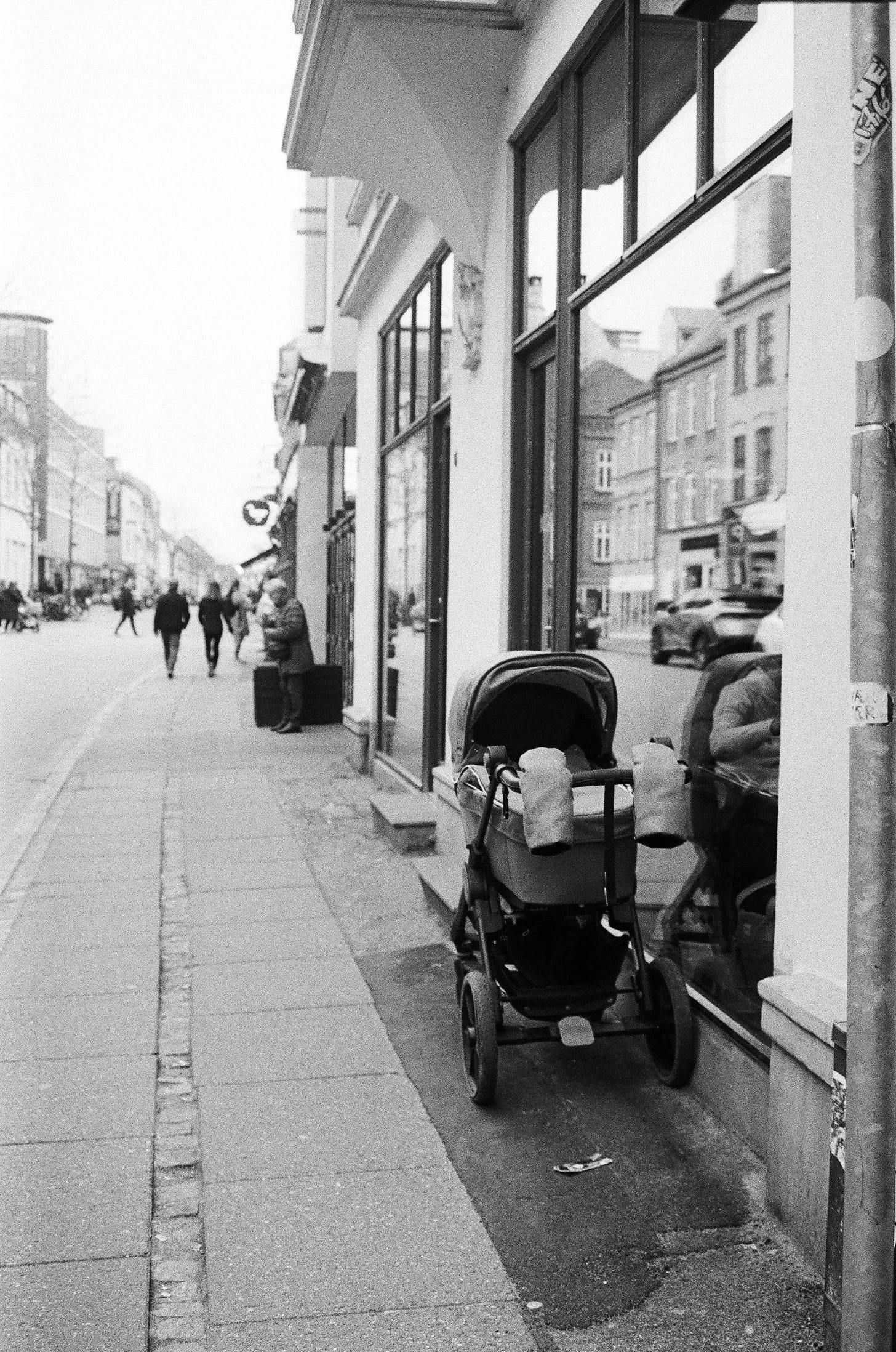



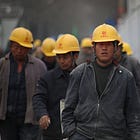
Truly interesting and insightful post!
As an Italian from the deep South, I am very close to your cultural background. So having lived in the Netherlands for five years I can relate to every point you shared.
I write about cultural awareness and inclusion, so I'm really glad I found you!
Wow! So many fascinating points in here about Danish culture. The numbered week thing must be super confusing if you're not used to it! And also really interesting to know about your theory why Danish people tend to be more insular with foreigners.
Do you plan to stay in Denmark for the long-term?